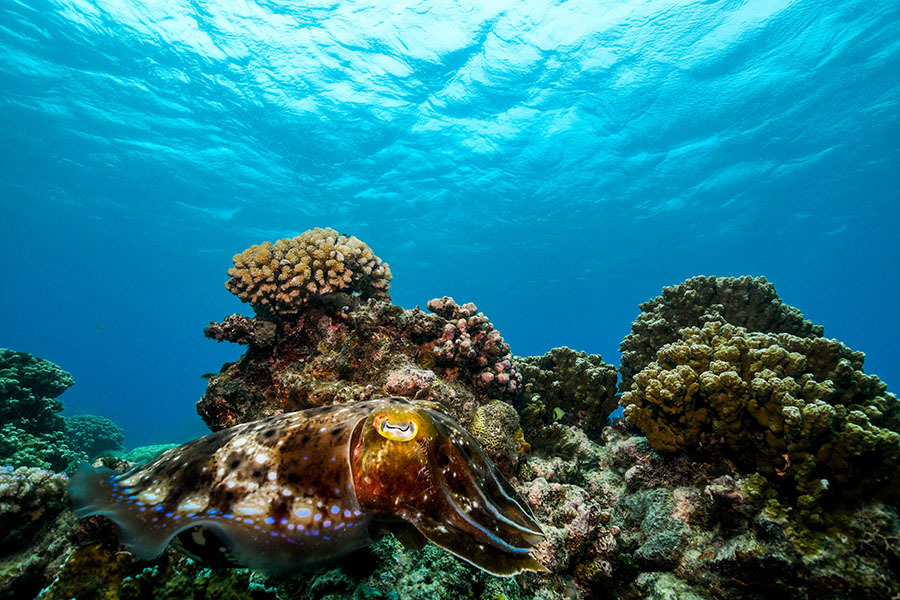Marine biologists at the Australian Research Council's Center for Advanced Coral Reef Research (CoralCoE) have reported that the coral population of the Great Barrier Reef has halved in the past 22 years.
This was reported in the journal Proceedings of the Royal Society B.
The researchers analyzed information on the state of the largest coral reef range in the world from 1995 to 2017.
They estimate that corals of all types and sizes have been affected by significant population declines.
“We assessed colony size change because population research is an important factor in understanding the demographics and reproductive capacity of corals,” said lead study author Dr Andy Dietzel at CoralCoE.
Dietzel and his team found that from 1995 to 2017, the number of small, medium and large corals in the Great Barrier Reef declined by more than 50%.
“Decrease occurs at both shallow and deep water and affects virtually all species, especially branching and blade corals.
They have been hit hardest by record temperatures that caused massive coral bleaching in 2016 and 2017, ”said study co-author and colleague Dr. Dietzel, Professor Terry Hughes.
Great Barrier Reef inhabitant - cuttlefish
Gettyimages.ru
© Cavan Images
Recall that coral bleaching occurs, among other things, due to temperature stress and leads to their destruction.
Moreover, a third of all inhabitants of the oceans live precisely among coral reefs, which occupy less than a percent of the seabed.
Reefs suffer the most from anthropogenic impact, global warming and water acidification.
It is branched and plate corals that provide the necessary habitat for fish and other marine reef inhabitants, the researchers note.
Most worrisome, Dr. Dietzel said, is the decline in the number of individuals responsible for the survival and reproduction of reefs.
“A thriving coral population includes millions of small baby corals, as well as many large“ big mummies ”responsible for producing most of the larvae of coral polyps.
Our findings indicate that the Great Barrier Reef's resilience - its resilience - is undermined compared to the past, as there are fewer small corals and fewer large corals to reproduce, ”Dietzel said.
Scientists note that without additional research and taking emergency measures, the unique habitat in the oceans will be under direct threat of destruction.
Of particular concern to researchers is climate change and periods of abnormal heat in the Coral Sea and other coral habitats.
“We have no time to waste.
It is necessary to drastically reduce greenhouse gas emissions as soon as possible, ”the study authors concluded.

